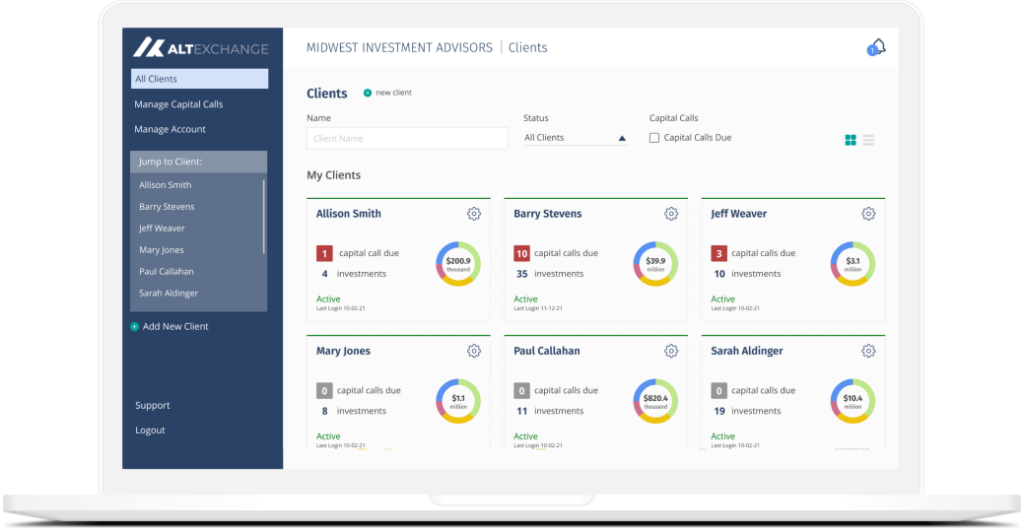There are many different types of alternative investment funds, and each one has its own unique set of benefits and risks. In this blog post, we will explore the five most common types of alternative investment funds: hedge funds, venture capital funds, private equity funds, real estate investment trusts (REITs), and commodities pools.
Here, we will discuss the characteristics of each type of alternative investment fund and how they can be used to achieve specific investing goals.

Hedge funds
Hedge funds are alternative investment funds that use a variety of strategies to generate returns and manage risk. They are typically managed by a hedge fund manager, who is responsible for making portfolio decisions and determining the appropriate level of risk. Hedge funds often make use of alternative investment strategies, such as short selling, leverage, derivatives trading, arbitrage.
Venture Capital funds
Venture capital funds are alternative investment funds that provide equity financing to companies in exchange for an ownership stake. These investments are usually longer-term, with the expectation of a higher return on investment over time. Venture capitalists typically invest in early-stage companies that have the potential to be highly successful, but of course, come with associated risks.

Private Equity funds
Private equity funds are alternative investment funds that typically invest in private companies, providing them with capital and guidance to help those companies grow. These investments are often held for a longer period of time, often ranging from five to ten years.
Private equity funds are popular investments among the ultra-high-net worth, and for good reason. They’ve consistently outperformed the S&P 500 over the last decade. Private equity funds have historically only been available to accredited investors, but new technologies and regulations are expanding access.
Real estate investment trusts (REITs)

Real estate investment trusts (REITs) are alternative investment funds that invest in real estate by buying, selling, developing, and managing properties. REITs provide investors with a way to gain exposure to the real estate market without the need for direct ownership of individual properties.
Commodities pools

Commodities pools are alternative investment funds that invest in commodities, such as metals, oil, or food. These funds offer investors a unique opportunity to gain exposure to the underlying commodity markets without having to take on the risks associated with direct ownership of physical assets.
How to manage alternative investment funds
If you or your clients are investing in a variety of private funds, it’s imperative to have a streamlined, scalable solution to manage the complexities.

AltExchange eliminates common pain points of managing private investments, including fragmentation, unstructured data, scattered documents, limited performance visibility, and more. If you’re an advisor, investor, or asset manager looking for a full-solution management and reporting solution for alternative investments, please get in touch.